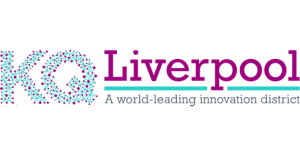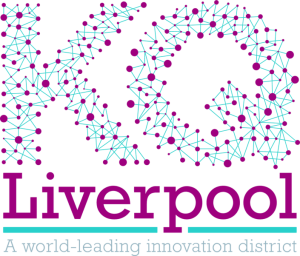By Kevin Horton, K2 Architects
I recently had the good fortune to visit Oslo as part of a fact-finding trip for a developer client in the tech start-up market.
Ascending from the busy National Theatre Station underground, I noticed that the typically overpowering drone of traffic that usually accompanies a bustling capital city was conspicuously absent. Instead, I was experiencing the voices and energy of Oslo’s people. On closer inspection, it appeared that almost everyone was driving an electric car, which is surprising when one takes into account that this is a nation built on the profits of oil.
Today everyone perceives Scandinavia as the go-to place for all the big moves in the quality of life agenda. So as an architect, I like to travel there a lot for inspiration. But, what is often forgotten, is that the popularity of the Nordics is a pretty recent phenomenon.
Until the discovery of North Sea oil in the 1970s, Oslo was suffering the same fate as the rest of post-industrial Europe’s declining ports. Perhaps surprising to most people, noise, pollution and poor health and even poverty were the ever-present headlines of the nation’s political agenda during the 80s and 90s. On paper, oil was making the country one of the richest on earth, but take this away, and the state was performing little better than anyone else. However, by the eve of the millennium, the country’s economic policymakers had succeeded in reimagining Norway as a nation at the forefront of progressive and sustainable thinking. Education has played a big part, there is now an emerging generation of forward-thinking digital-tech entrepreneurs not wedded to the oil industry. If you google young Norwegian entrepreneurs, you won’t find any Zuckerberg’s, just lots and lots of small enterprises doing tiny innovative things that when combined and read together are inspirationally game-changing to ordinary people’s lives.
During the week, we visited co-working space MESH where we met typically Norwegian tech start-ups reMarkable, No Isolation and Motitech – all working towards tackling issues such as the environment and mental wellbeing in new and engaging ways (Google them, it’s worth it!).
Oslo has capitalised on this revolution of small moves driving big changes by repackaging post-industrial Oslo as the world’s first zero-carbon city by 2030. Its European Green Capital 2019 status validates progress towards this goal on a world stage. People are often surprised that it has taken so long to attain it, however they have achieved a lot with branding in a small amount of time.
The tourist website plays heavily on the needs of the ecotourist. You can eat at award-winning organic food restaurants, sleep in low-carbon hotels, play in environmentally friendly greenspaces and travel fossil fuel free in a variety of electro-mobile modes of transport.
So, what’s my point? Well, Liverpool may not be as wealthy on paper as Oslo but it has faced and is facing similar modern social challenges. Our city is young and full of lots and lots of inspirational enterprises currently working under the radar, which we should be giving collective expression to in our city’s brand.
There is also an enormous opportunity in the city’s Knowledge Quarter (KQ Liverpool) to cultivate a modern and progressive ethos for a significant part of the city centre’s urban fabric – the proposals for The Spine building are an encouraging start.
Like all awards, being European Green Capital is validation that you are doing something that the world needs to take notice of. Liverpool is a great brand that represents an ethos and worldview, which is attractive to people from across the globe who embrace the brand as part of their own identity. They express to those around them, that it is who they are and what they believe in, so surely it is about time our brand got a little smarter and greener?



